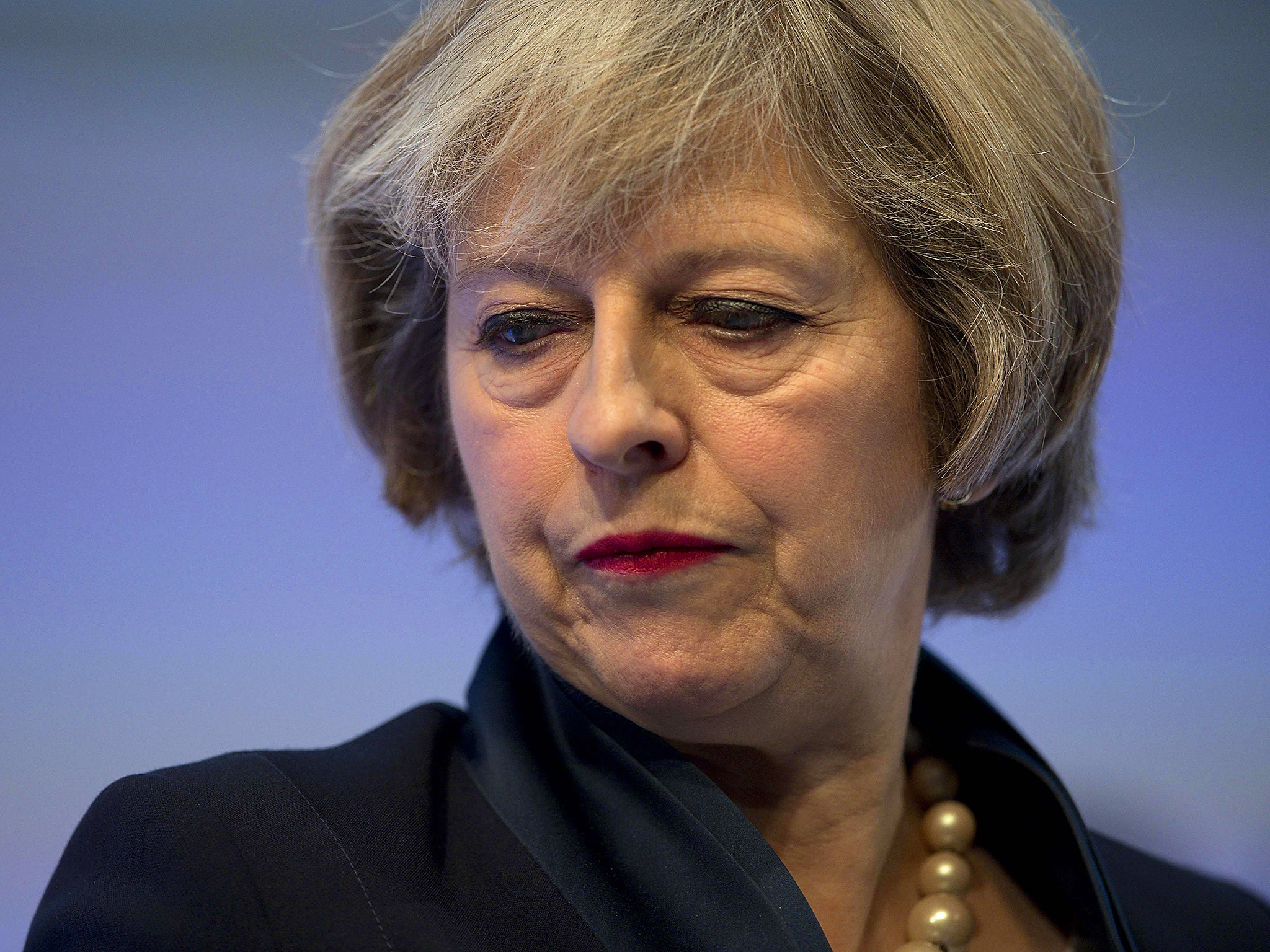Brexit: Theresa May faces new legal challenge to keep Britain in the single market over little-known Article 127
Pro-single market campaigners say Britain will not leave the European Economic Area automatically when it leaves the EU – and will argue for Parliament to decide

Your support helps us to tell the story
From reproductive rights to climate change to Big Tech, The Independent is on the ground when the story is developing. Whether it's investigating the financials of Elon Musk's pro-Trump PAC or producing our latest documentary, 'The A Word', which shines a light on the American women fighting for reproductive rights, we know how important it is to parse out the facts from the messaging.
At such a critical moment in US history, we need reporters on the ground. Your donation allows us to keep sending journalists to speak to both sides of the story.
The Independent is trusted by Americans across the entire political spectrum. And unlike many other quality news outlets, we choose not to lock Americans out of our reporting and analysis with paywalls. We believe quality journalism should be available to everyone, paid for by those who can afford it.
Your support makes all the difference.Theresa May faces the headache of a second legal challenge over Brexit – this time over the barely-known Article 127.
Pro-EU campaigners will argue that Britain will not leave the European Economic Area (EEA) – and therefore the single market – automatically when it leaves the EU itself.
The think tank British Influence is writing to Brexit Secretary David Davis to argue Parliament should decide, in a mirror image over the battle to trigger the Article 50 exit notice.
The Government will argue that EEA membership ends when Britain leaves the EU, which is expected to happen in 2019.
But, if the courts back the legal challenge and give Parliament the final say over EEA membership, MPs could potentially vote to ensure that Britain stays in the single market.
They could argue for membership until a long-term trading relationship with the EU has been agreed, something expected to take far longer than the 2019 exit date.
More MPs would feel able to do this than oppose leaving the EU outright, because the referendum question only asked about membership of the EU – not of the single market.
At the very least, the latest challenge would mean a lengthy legal process – potentially via the European Court of Justice - that could delay the Government's Article 50 negotiations with the EU.
Professor George Yarrow, emeritus professor at Hertford College, Oxford, told the BBC: “There is no provision in the EEA Agreement for UK membership to lapse if the UK withdraws from the EU.
“The only exit mechanism specified is Article 127, which would need to be triggered.”
Jonathan Lis, deputy director for British Influence, said: “There is a strong chance that the UK will be acting unlawfully by taking us out of the EEA with Brexit.
“We consider that they have an obligation to seek urgent clarification in the courts. So we are going to be petitioning for a judicial review.”
But Conservative MP and Brexiteer Dominic Raab said: "Rather than coming up with new legal wheezes to try and frustrate the will of the people, these lawyers should be working with us to make a success of Brexit.
“The public have spoken; we should respect the result and get on with it, not try to find new hurdles that undermine the democratic process.”
Pro-Europeans see the single market as crucial to economic success, because it allows the tariff-free movement of goods, services, money and people within the EU.
The EEA was set up in the 1990s to extend those benefits to some non-EU members including Norway, Iceland and Liechtenstein.
Non-EU members are outside the Common Agricultural Policy and customs union, but enjoy barrier-free trade in return for paying into some EU budgets and accepting the free movement of workers.
A Government spokesman dismissed the challenge, saying: “As the UK is party to the EEA Agreement only in its capacity as an EU Member State, once we leave the European Union we will automatically cease to be a member of the EEA.
“The referendum result will be respected and we intend to invoke Article 50 no later than the end of March next year.”
The separate fight over the Government’s right to trigger Article 50 reaches the Supreme Court next week, with a verdict early in the New Year.
Join our commenting forum
Join thought-provoking conversations, follow other Independent readers and see their replies
Comments